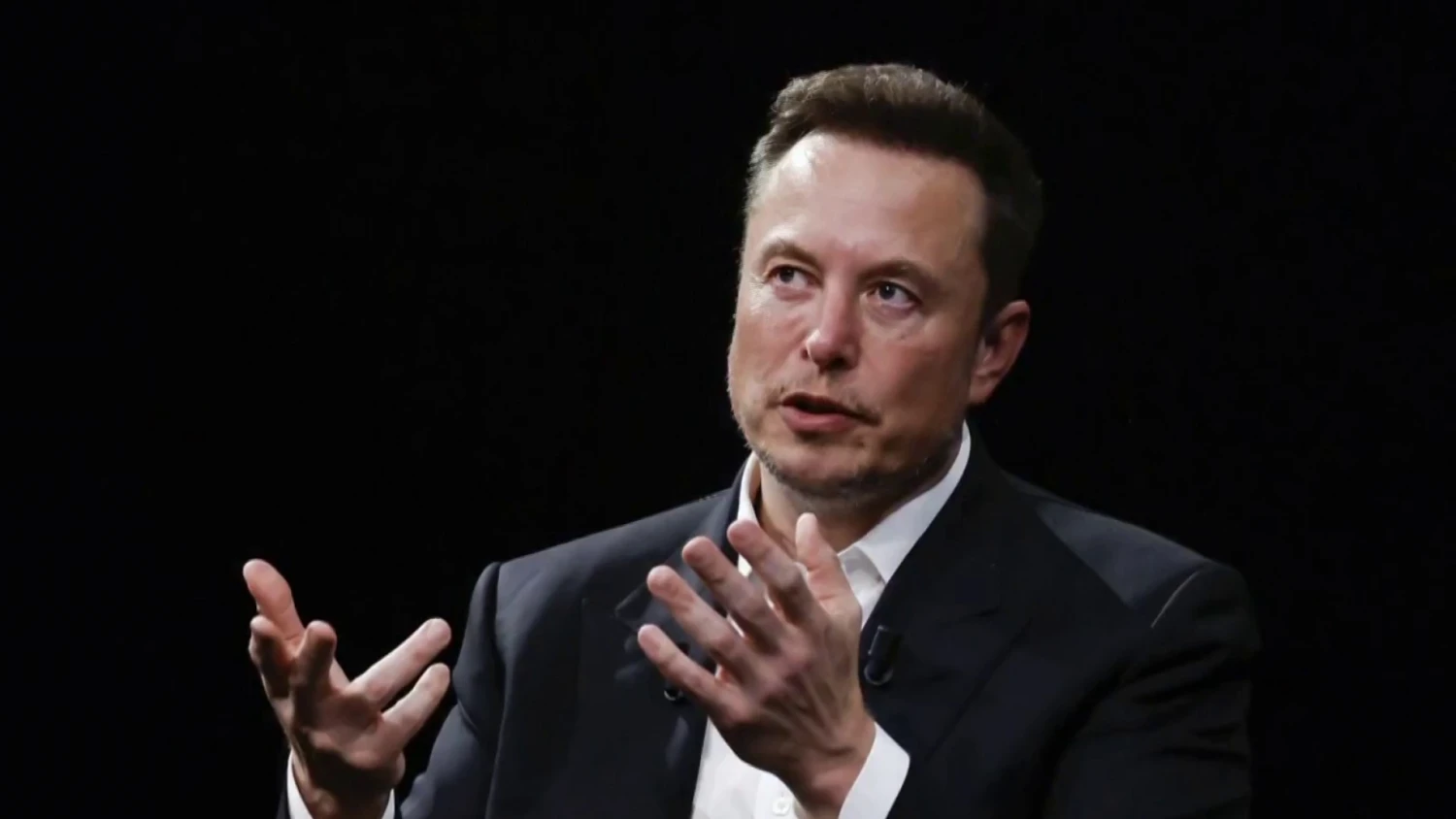Elon Musk, the owner of the social media platform formerly known as Twitter, now referred to as X, is embroiled in a heated dispute with the Anti-Defamation League (ADL). Musk is threatening legal action against the nonprofit organization, claiming that its statements regarding the surge in hate speech on X have led to a significant decline in advertising revenue for the platform.
A Revenue Plunge:
Musk took to X to air his grievances, revealing that U.S. advertising revenue for X has plummeted by 60%. He attributed this steep decline to what he alleges is pressure exerted on advertisers by the ADL. In his own words, Musk stated that the ADL had nearly succeeded in “killing X/Twitter.”
Accusations of Anti-Semitism:
Elon Musk also asserted that since taking over the platform in October 2022, the ADL has consistently accused X and himself of promoting anti-Semitism. To counter these allegations, Musk declared his intention to file a defamation lawsuit against the Anti-Defamation League, adding a touch of irony to the situation.
ADL’s Response and Musk’s Engagement:
The ADL has refrained from commenting on the legal threats as part of its policy. However, the organization acknowledged a recent meeting with X’s leadership, which includes CEO Linda Yaccarino, appointed by Musk to address the platform’s advertising revenue issues. Yaccarino publicly expressed gratitude to ADL CEO Jonathan Greenblatt following their meeting, emphasizing the importance of a partnership built on transparency and good intentions.
Elon Musk, as the owner of X, has actively engaged with posts critical of the ADL and liked them, further fueling the controversy. Additionally, a hashtag campaign on X, #BanTheADL, has gained traction, with the ADL accusing Musk of indirectly supporting this campaign.
Concerns Over Hate Speech:
The ADL, along with similar organizations such as the Center for Countering Digital Hate (CCDH), has reported a substantial increase in hate speech on X since Musk’s takeover. Data from these organizations reveals a concerning rise in offensive language and content, particularly hate speech targeting marginalized communities.
Musk’s Disputed Claims:
Musk countered these reports in May, vehemently dismissing them as “utterly false.” He claimed that the number of views for hate speech on the platform had been on a downward trajectory since he assumed control.
Consequences for Advertisers:
Despite Musk’s reassurances, the surge in hate speech on X led to two brands suspending their advertising on the platform when their ads appeared alongside content promoting Nazism. X responded promptly by suspending the associated account, but the impact on ad impressions was reportedly minimal.
Legal Battles Continue:
In a related legal development, Musk initiated a lawsuit against the Center for Countering Digital Hate (CCDH), accusing the nonprofit of intentionally driving advertisers away from X through critical reports. The lawsuit alleges that the CCDH violated X’s terms of service and federal hacking laws. The CCDH CEO, in response, deemed Musk’s claims unfounded and suggested that X’s shift toward a free-speech platform had contributed to the proliferation of hate and misinformation.
As the legal battles unfold, the clash between Musk, X, and organizations like the ADL underscores the complex challenges faced by social media platforms in navigating issues of hate speech and content moderation.




